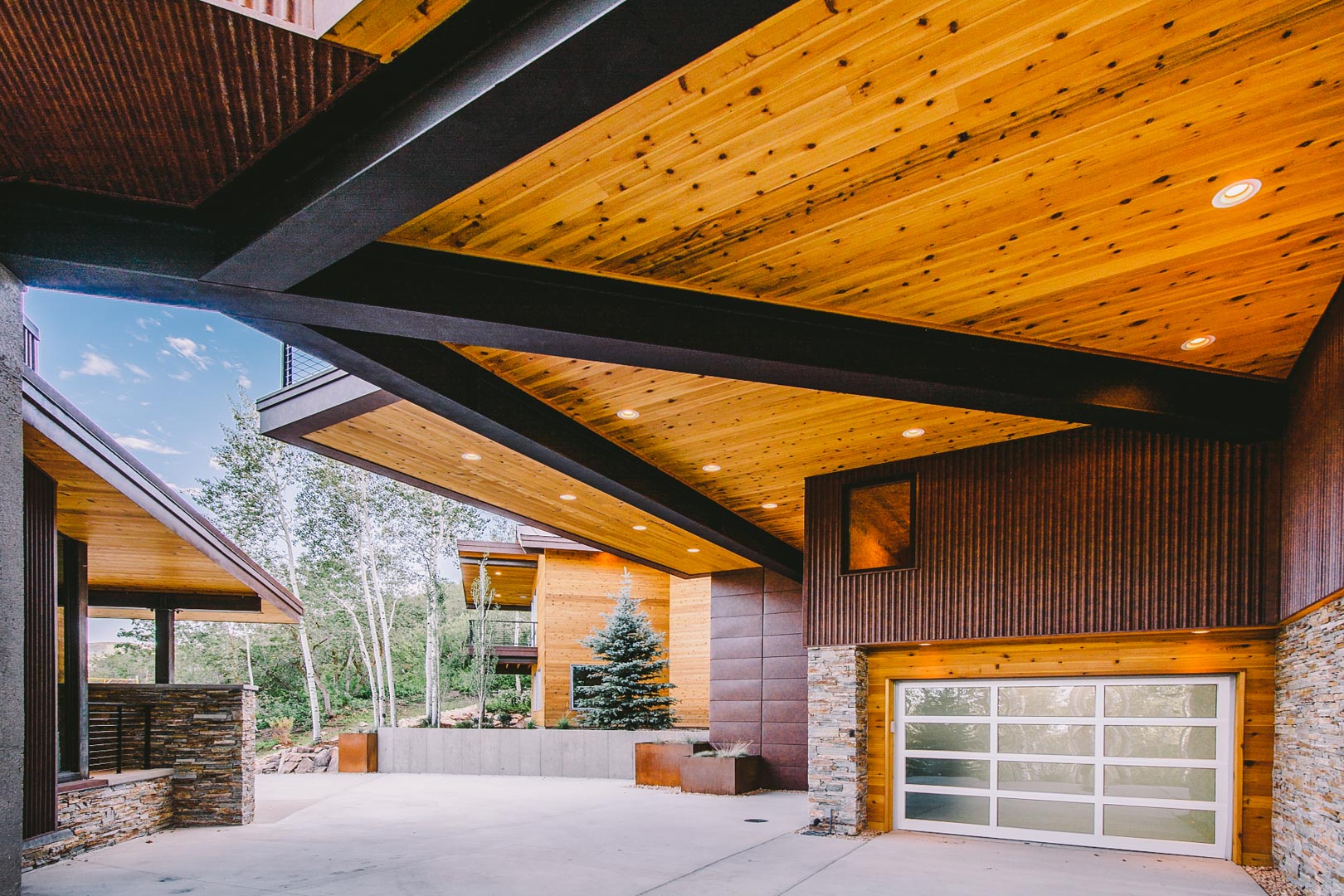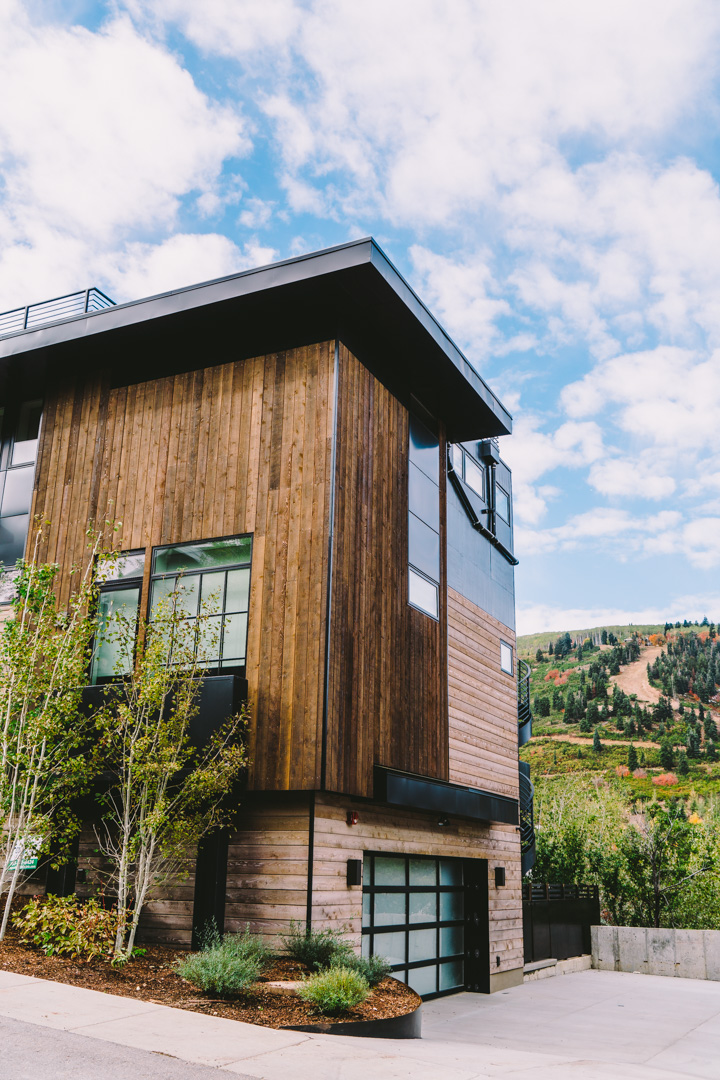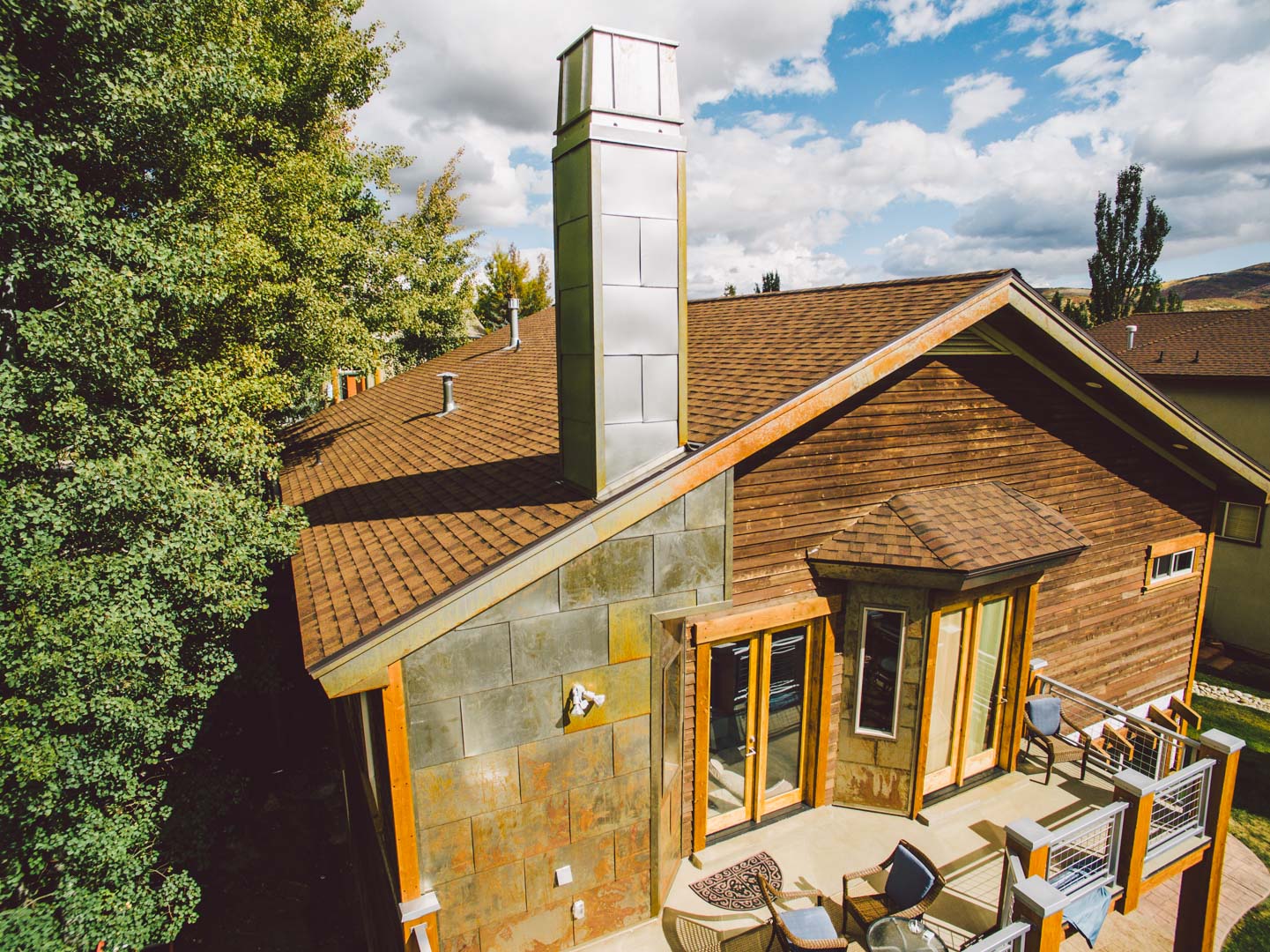Our Company
Stratus Roofing combines technical precision with master-level metalwork to deliver sheet metal roofing systems that perform and stand out. From clean, low-profile installations to custom-fabricated details, our team builds roofing that’s as refined as it is resilient.
We don’t outsource our panels—we build them. With over 50 years of combined experience in steel, zinc, copper, brass, and tin, the Stratus team fabricates every piece in-house, using a full-service metal shop equipped for precision work. This hands-on approach means tighter tolerances, faster turnaround times, and a level of customization most roofing companies can’t match.
Sheet metal roofing offers serious strength without bulk. It resists wind, snow, and sun with ease, ideal for Utah homes that experience heavy seasonal shifts. Our systems are built to last 40 years or more, using materials that resist rust, expansion, and UV degradation. We also offer coatings and finishes that help reduce solar heat gain, adding to the functional value of your home.
Every home is different, and so is every Stratus roof. Whether you're working with sharp modern angles or historic lines, we design around your architecture. Each project is planned with layout drawings and panel orientation strategies that complement the structure's scale and materials. We offer multiple seam types, custom panel widths, and standing seam or flush-mount profiles to align with your design goals and your home's overall aesthetic.
Every detail matters when working with metal. Here’s how we bring clarity, care, and expertise to every install.
We assess your roof’s pitch, structure, and drainage. Based on your goals, we recommend the right panel style, seam layout, and material type.
Everything is cut and shaped in our shop using high-quality metals selected for strength and finish. This includes custom panel sizing, edge detailing, and specialty coatings when needed.
Our crews install with strict attention to flashing, ventilation, and structural integration. Hidden fasteners, straight seams, and weather-tight edges come standard.
We inspect the full system with you and provide warranty documentation. You’ll walk away with a roof that stands up to all kinds of weather and looks perfectly sleek.



We work with standing seam, flat-lock, and custom-fabricated panel systems. Each is selected based on roof pitch, architectural style, and performance goals. Standing seam systems are excellent for steep-slope applications and provide a clean, architectural profile, while flat-lock panels work well for intricate shapes and low-slope transitions. We also fabricate decorative trim and edge detailing in-house to complement your system.
Sheet metal roofs typically last 40–70 years—nearly double the lifespan of asphalt shingles—depending on the material and installation method. Our systems are backed by product warranties and a 5-year workmanship guarantee.
Yes. All sheet metal is fabricated in our dedicated metal shop using steel, zinc, copper, brass, or tin. This gives us total control over fit, finish, and performance.
Sheet metal roofing has a higher upfront cost than asphalt shingles, but it offers significantly better long-term value. While shingles may need replacement every 15–25 years, a professionally installed sheet metal roof can last 40–70 years with minimal maintenance. You're paying more for longevity, durability, and a finished look that holds up over time. In many cases, metal also offers better energy efficiency, which can reduce cooling costs over the life of the roof.
It's a common myth. When installed with the correct underlayment and attic insulation, metal roofs produce no more noise than standard roofing systems. In fact, many of our clients say they’re surprised by how quiet and solid their new roof feels, especially during storms or heavy winds. Our assemblies are designed to absorb sound and control thermal movement for a quieter, more comfortable interior.
Yes. We offer flat sheet metal roofing options for low-slope or near-flat applications, including hidden-seam systems that combine strength and waterproofing.
Minimal upkeep is required. Occasional inspections and basic cleaning help preserve finish and performance, but metal systems are known for their low-maintenance durability.
